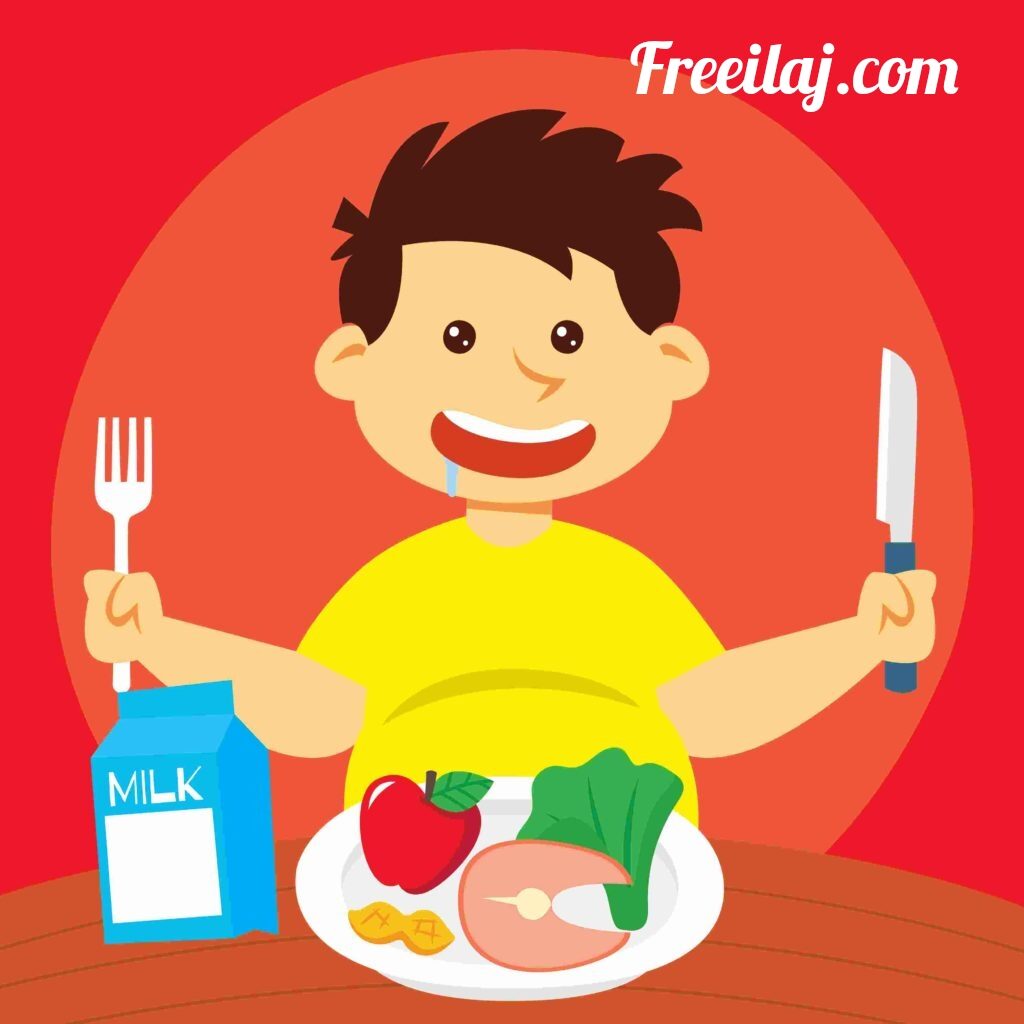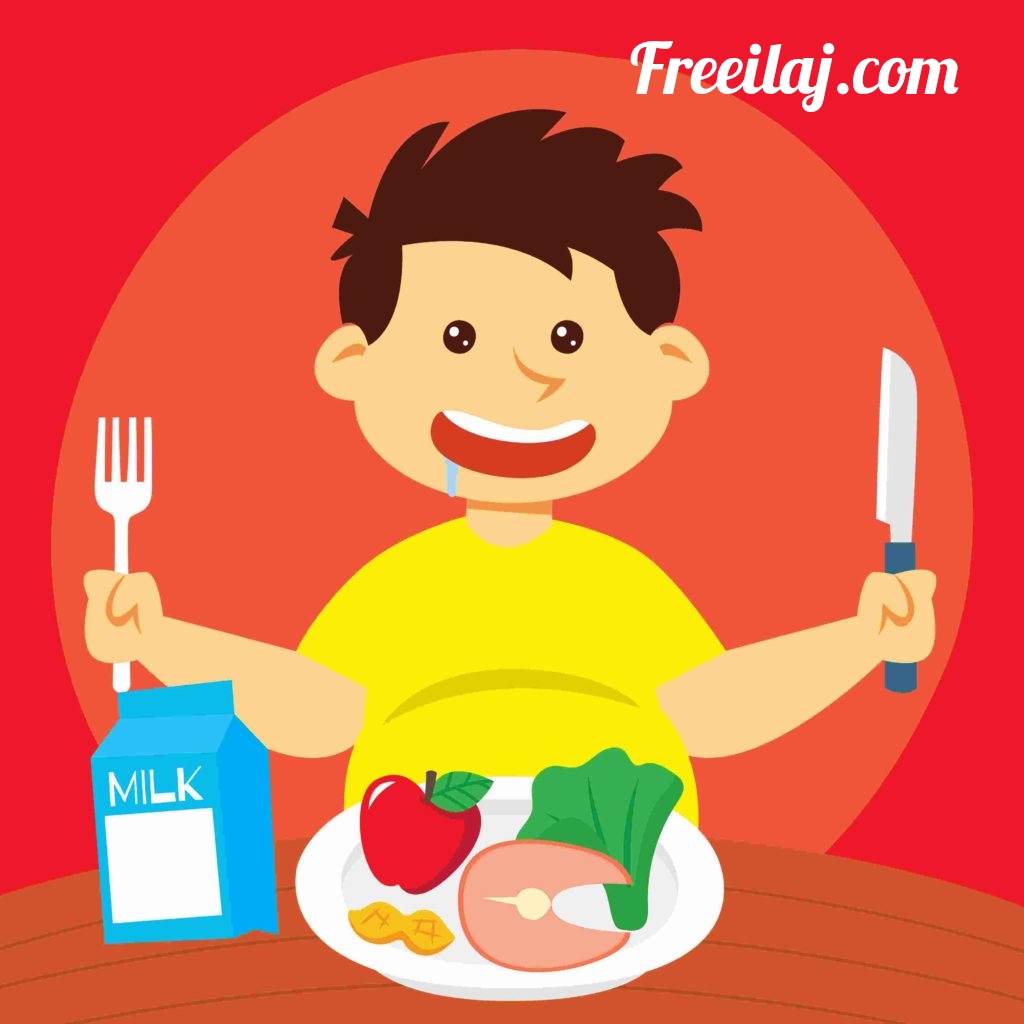The benefits of a balanced diet gives energy to our body. The body is formed and develops properly. There is no reduction in protection due to this and every part of the body can perform its function properly. When this is possible it is called a balanced diet.

Benefits of a balanced diet: Headlines
Protein and mineral salts should be present in proper quantity. Neither more, nor less – the right amount of energy can be obtained. Vitamins should also be included in food as per requirement. A balanced diet is different for every man/woman/child according to age, gender, work and mental needs. It should fulfil all the needs of that particular person.
Calorie intake in a balanced diet
A child up to 11 years of age requires 100 to 1100 calories.
A child aged between 1 year to 3 years requires 1100 to 1200 calories.
A child of 4 years to 6 years requires 1200 to 1600 calories.
A child of 7 years to 12 years requires 1600 to 2000 calories.
A 13 to 15-year-old child requires 2000 to 2200 calories.
A 16 to 18-year-old child requires 2200 to 2800 calories.
To maintain efficiency
2400 to 2500 calories for a man doing normal work.
2500 to 2700 calories for a man doing a little more work.
3000 to 3500 calories for a man doing a little hard work. 2.3.
4000 to 5000 calories for a hard-working man.
Classification of women
A woman doing normal work needs 1800 to 2200 calories.
2500 to 3000 calories for a woman who works a little more.
3000 to 3200 calories for a woman who does a little hard work.
3300 to 3400 calories for a pregnant woman. Who wants to breastfeed on 3500 to 4000 calories?
Who gets how many calories?
From vegetarian diet:
Rice (350 calories), Wheat (352 calories), Bajra (362 calories), Maize (348 calories), Masoor gram (370 calories), Masoor Arhar (336 calories), Masoor moong (350 calories), Masoor urad (348 calories ) ) ), Milk (120 calories). It may be more or less depending on the type of milk. Green leafy vegetables (52 calories), all other vegetables (42 calories), root tubers (98 calories), banana (102 calories), sapota (100 calories), other fruits
Non-Vegetarian Food:
Fish (205 calories), meat (175 calories).
Classification as nutrients
Based on nutrients, we can classify foods as follows Wheat, maize, millet, rice, sorghum etc. are called ‘cereals’ and are made from these. Our body gets vitamins, proteins and carbohydrates. Moong, kidney beans, pigeon peas, urad and lentils are called ‘pulses’ and are consumed
Protein and Vitamin ‘B’ are mainly available. Peanuts, cashews, walnuts, almonds, raisins etc. are called ‘nuts’ from which protein and vitamin ‘B’ can be found. Potato, taro, sweet potato, green and leafy vegetables come in the ‘vegetable class’.
Mango, papaya, orange, pomegranate, amla, apple and guava are called ‘fruits’. By eating these, our body gets carbohydrates, vitamins, mineral salts, vitamin C, iron etc.
Cream, butter, curd, whey, cheese etc. are milk products. By consuming these we get protein, calcium, riboflavin etc. Sesame, Dalda, ghee, butter and various other vegetable oils are counted in the category of ‘fats and oils’. These provide fat and Vitamin A to the body.
All types of meat, fish and eggs are counted as ‘non-vegetarian food’ and eating them provides protein and calcium to the body.
Various means of a balanced diet
Expensive Resources:
Protein
You can get it from milk, curd, cheese, eggs, fish and meat.
Thick
Can be obtained from milk, butter, ghee, cream, cream, eggs, fish oil etc.
Carbohydrate
You can fulfil your carbohydrate requirement by eating wheat, rice, honey, jam, sugar, sweets, dry fruits, jelly, jam etc.
Mineral salts:
You can get all the essential minerals by eating milk, various fruits, nuts, eggs, fish and meat.
Vitamins:
Milk, butter, vegetables, cream, eggs, meat and fish fall in the expensive category. By consuming these you can get almost all the vitamins that the body needs.
Cheap resources
Protein
Buttermilk, pulses, lassi matha, green leafy vegetables, amaranth greens, gram and soybean.
Thick
Mustard oil, peanut, sesame, flaxseed
Carbohydrate
Barley, gram, millet, potato, sweet potato, jaggery, cabbage, sugarcane, rice, onion etc.
Mineral salts
Cucumber, melon, leafy vegetables, watermelon, banana, spinach, mango, guava, jamun phalsa etc.
Vitamins
Pulses, buttermilk, green leafy vegetables, guava, carrot, tomato, fenugreek, green chilli, amla etc.

